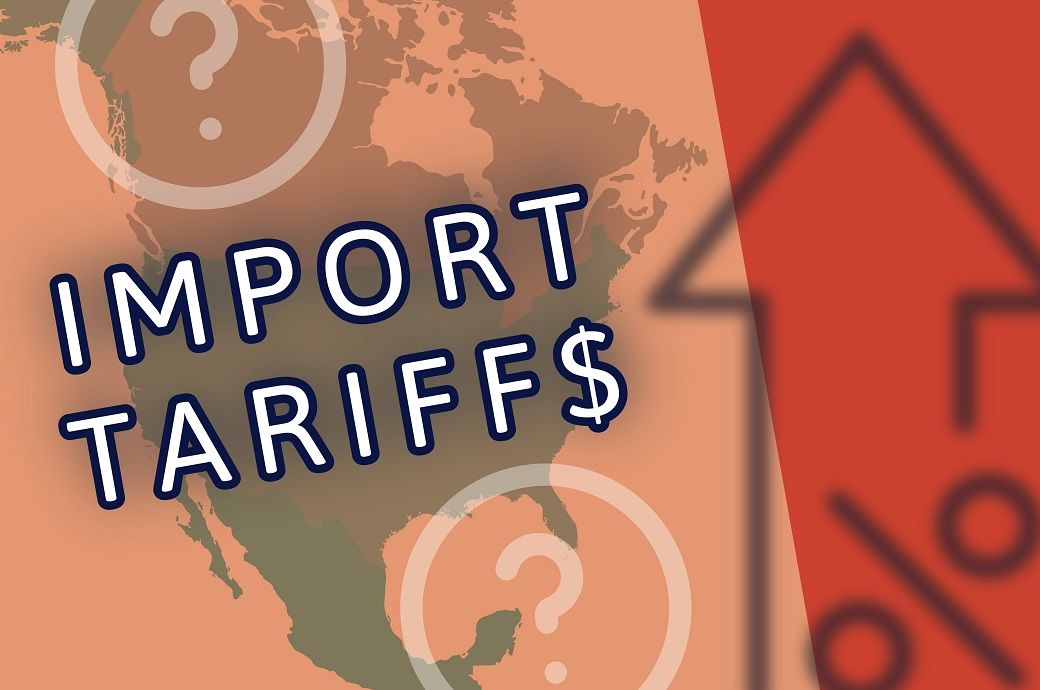
Industry leaders are expressing concern over the Trump Administration’s decision to introduce additional tariffs on key trading partners, cautioning that the move could disrupt supply chains, contribute to inflation, and impact American businesses.
“We are deeply concerned about President Trump’s decision to double emergency tariff rates and impose new tariffs on imports from Mexico and Canada. These tariffs act as taxes, driving up the costs of everyday goods like shoes, significantly burdening American families and businesses,” said Matt Priest, president and CEO of the Footwear Distributors and Retailers of America (FDRA).
Industry representatives argue that the new tariffs fail to account for the deeply interconnected trade networks that have evolved over the past three decades under regional free trade agreements.
The Western Hemisphere’s apparel supply chain relies heavily on cross-border collaboration, and these new measures could disrupt a well-established system, impacting businesses and consumers alike. The ‘Made in’ label reveals only part of a garment's journey. A simple cotton T-shirt undergoes a complex process—from design and manufacturing to logistics and distribution, United States Fashion Industry Association (USFIA) said in a statement.
The US textile sector is particularly intertwined with Mexico, which sources about 60 per cent of its textile production needs from American cotton, according to the USDA’s Foreign Agricultural Service. Official trade data further underscores these ties, with US apparel imports from USMCA partners Mexico and Canada reaching $3.1 billion in 2024, accounting for 3 per cent of total imports.
Industry data indicates a worrying trend in consumer spending. According to FDRA’s latest industry sales survey, footwear sales for the week ending February 22 plummeted 26.2 per cent compared to the same retail week in 2024. The survey, covering over 3,000 stores nationwide, showed sharp declines across all regions.
“This sharp decline isn’t just a typical business cycle fluctuation; it’s a clear indication of a shift in consumer behaviour and sentiment tied to the ongoing rise in inflation, which continues to grow, alongside concerns that new tariffs will push costs even higher,” Priest warned in an FDRA statement.
Inflation remains a top concern as apparel and footwear products already face some of the highest tariff rates of any US imports, reaching up to 32 per cent. The additional 20 per cent tariffs on Chinese imports—a key source of apparel and footwear—are expected to further drive-up costs, the USFIA said in a statement.
US Customs and Border Protection data reveals that American businesses and consumers have already paid $220 billion in additional tariffs under the previous administration’s China Section 301 trade actions.
With the economic impact becoming increasingly evident, business leaders are urging the administration to rethink its tariff policies.
“We remain committed to working with the administration to develop a thoughtful and surgical approach to tariffs that can strengthen our economy without placing undue strain on hardworking Americans,” said Priest.
ALCHEMPro News Desk (HU)
Receive daily prices and market insights straight to your inbox. Subscribe to AlchemPro Weekly!